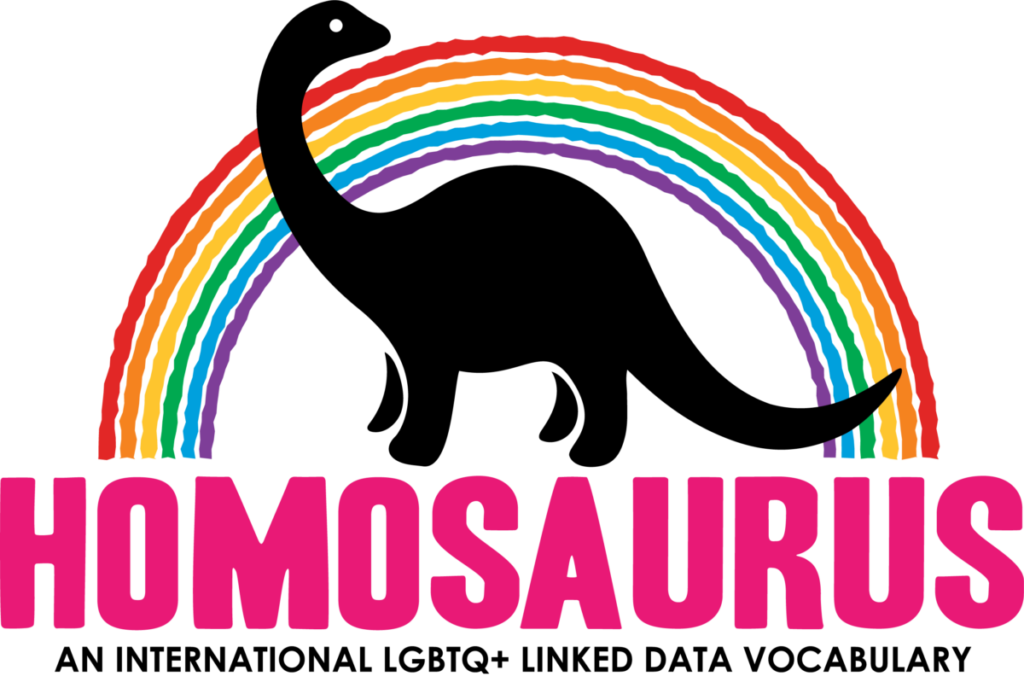They/them. She/her. He/him.
We use these terms (and plenty of others) to tell others how we should be recognized. Doing so allows us to express ourselves and signal to others both how we think about ourselves and how we would like them to think about us.
In the library, terms used to describe materials are not picked by their creators (although they may have input). Instead, catalogers examine materials to determine what terms should be used to describe the material. Catalogers don’t get to use just any terms they like, however. They have to pick from controlled vocabularies, which list approved words and terms the cataloger can apply. Controlled vocabularies are useful because they ensure catalogers consistently use the same terms to describe materials, but they also have some drawbacks.
Controlled vocabularies are appropriately named: they are controlled. An authority determines what words should be included in the vocabulary–or not. The most commonly-used vocabularies in academic libraries (including at Emory) come from the Library of Congress. The process of adding new terms is often slow and laborious, and can be politically fraught (as was the recent case of changing the term “Illegal alien” to “Noncitizens” and “Illegal immigration”). As a result, the terms available to catalogers often lag years–or even decades–behind modern usage. This is especially the case with terms associated with women and minorities, in which case catalogers often have no choice but to use terms that are outdated, offensive, colonial/imperialist, or otherwise problematic.
There are alternative sets of terms available for catalogers, although these are less commonly used. One of these is maintained by Homosaurus. Originally created in 1997, Homosaurus was used to describe materials at the IHLIA, a Dutch archive of LGBTQ+ materials. Since then, Homosaurus has expanded and now offers a substantial vocabulary that institutions can use to describe materials associated with LGBTQ+ and Gender, Sexual, and Romantic Minorities (GSRM) views, perspectives, studies, and issues.
Here at Emory, we are in the early stages of determining how best to use this vocabulary. Initially, we are planning to use Homosaurus to update descriptions for LBGTQ+ materials in Emory’s catalog. As we do so, we aim to:
- More equitably represent LGBTQ+ topics by applying language originating from relevant communities
- Increase visibility of library materials by using terms that will help people identify relevant materials more easily
Because we are still in the early stages of implementation, we welcome your feedback! If you have questions, comments, or suggestions, please contact Sofia Slutskaya at sofia [dot] slutskaya [at] emory [dot] edu

